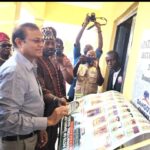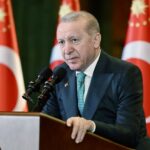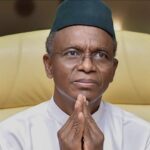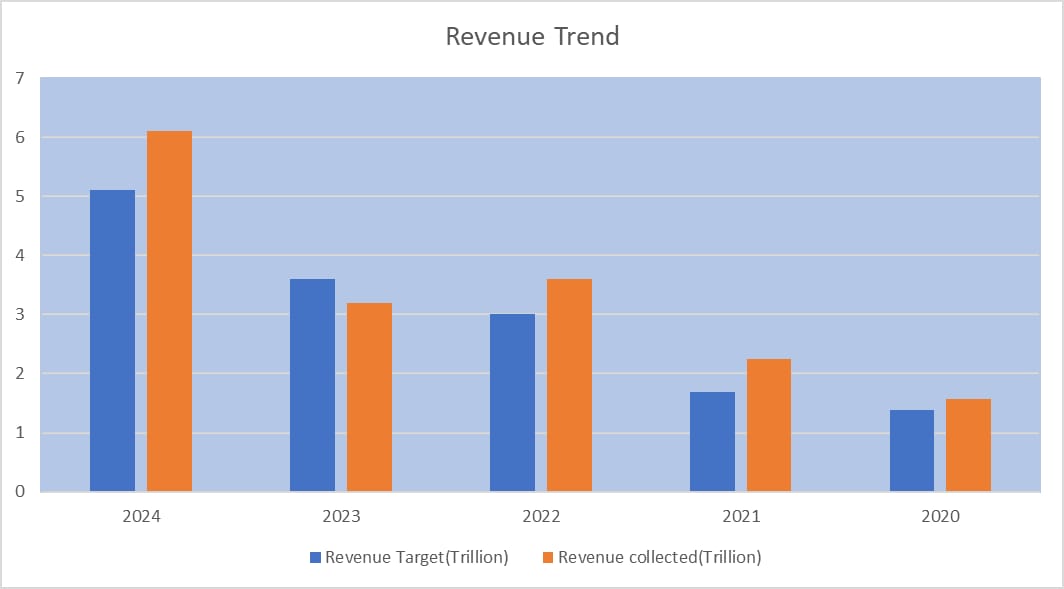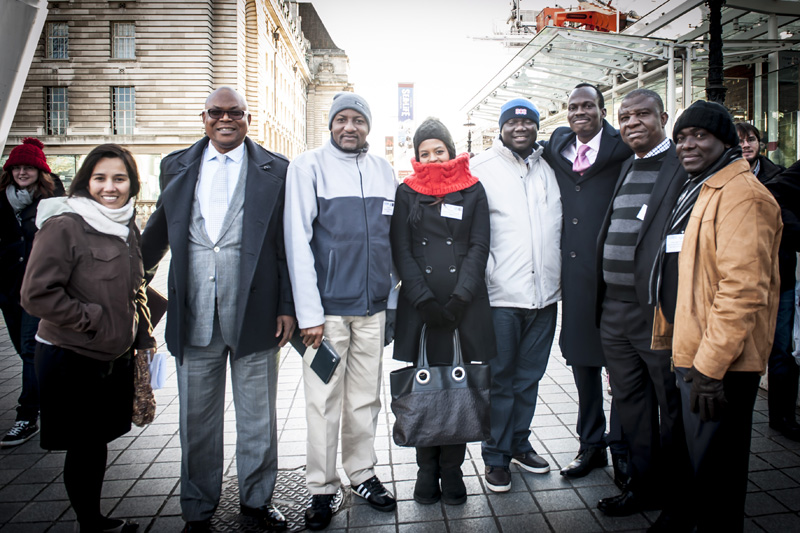2025 Budget and the task ahead for Nigeria Customs
A News Analysis by Martha Agas, News Agency of Nigeria (NAN) In 2024, the Nigeria Customs Service (NCS) was assigned the responsibility of generating N5.1 trillion to contribute to the projected revenue target of N18.2 trillion. On Nov. 15, the Comptroller-General (C-G) of Customs, Adewale Adeniyi, proudly announced that theContinue Reading






